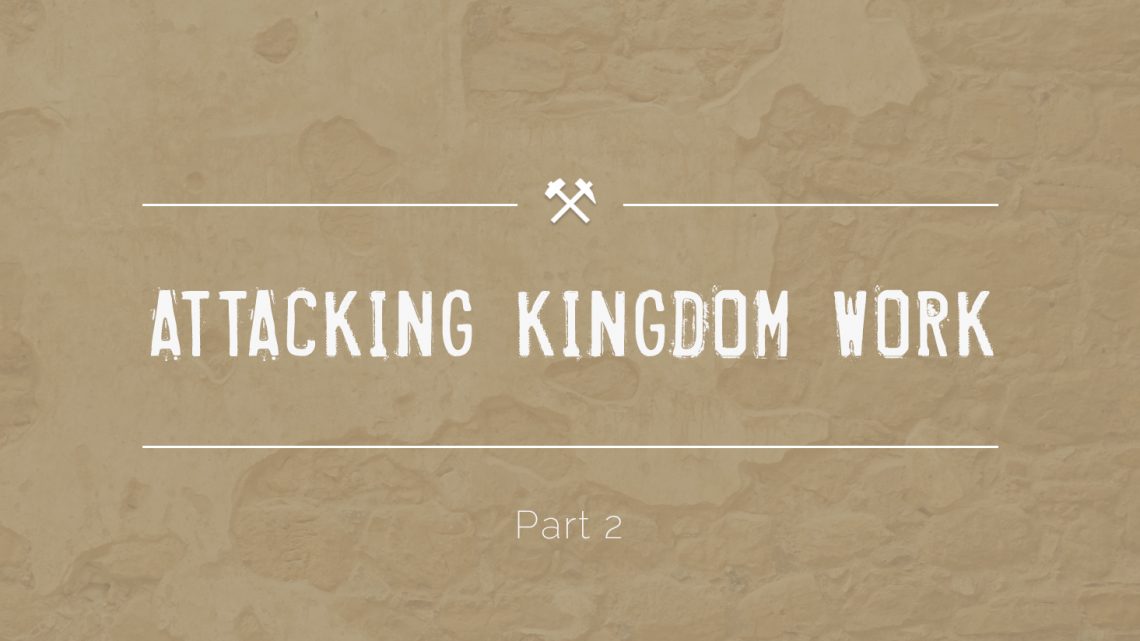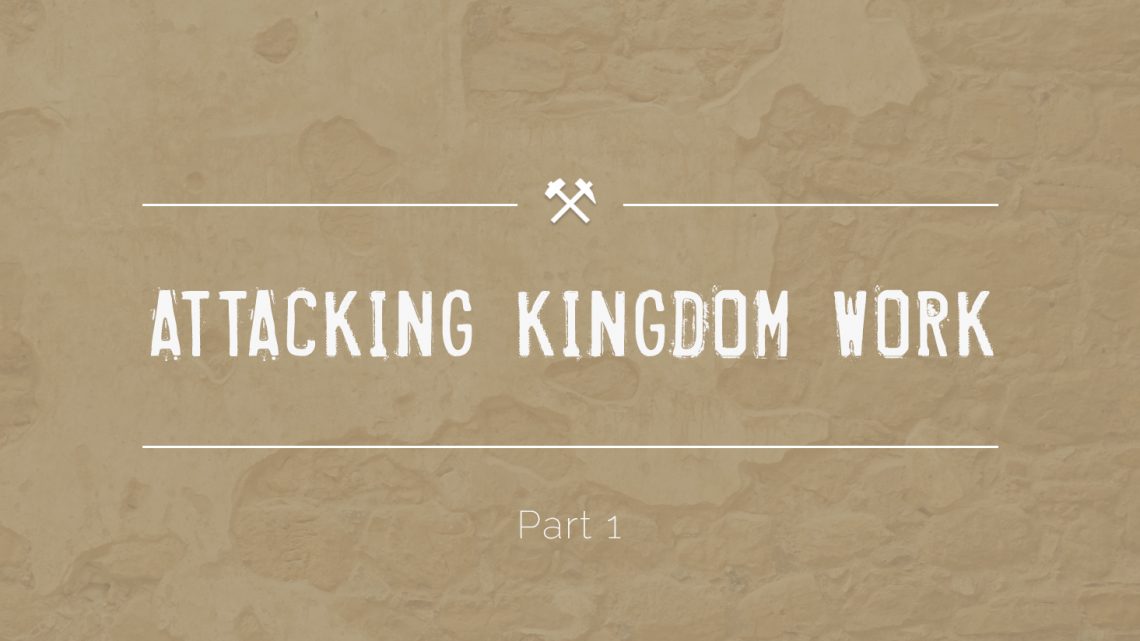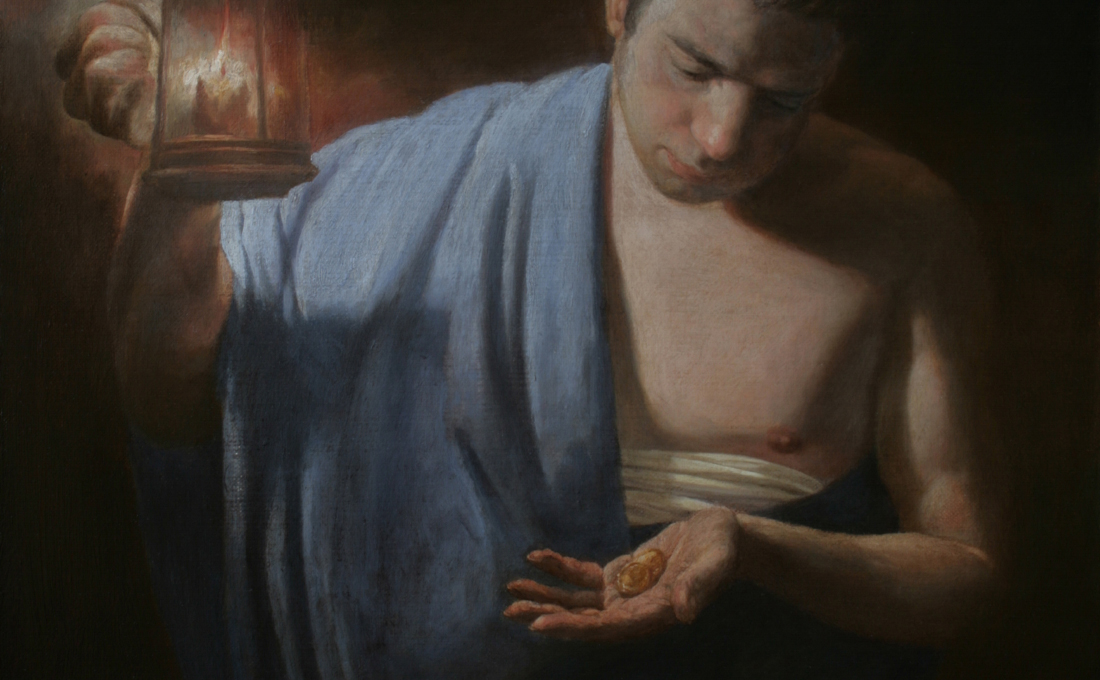We’ve recently been visiting my wife’s family in New Hampshire, and as we often do, we spent some time during our trip camping in the White Mountains. I’m always grateful to get out into nature for a bit (especially in a place that gets no cell service), so I can be removed from distractions and enjoy God’s creation. As we were walking around our campsite, my wife pointed out the new growth on the trees in the area. Normally we go camping around July, so any growth for the year has already changed color and blends in with the rest of the tree. This year we went in June and,…
-
-
Attacking Kingdom Work: Handling Criticism
In my previous post, I looked at how Nehemiah’s critics approached their opposition of him. Two men especially – Sanballat and Tobiah – did not want to see the wall built or the Jewish people helped in any way, so they make desperate attempts to oppose Nehemiah and his work. We, too, can expect this kind of criticism and opposition, especially when we are doing Kingdom work that honors the name of our Lord. While we saw the kinds of criticism we can expect based upon Nehemiah’s experience, an important question remains: how should I handle criticism when it comes? Before we answer this question, I want to back up…
-
Attacking Kingdom Work: 3 Steps Of Opposition
Criticism and opposition are to Kingdom work what death and taxes are to life: a certainty. If you’re producing fruit for God’s kingdom, you can be sure that the enemy will not be happy, and he will use others to attack you. These attacks can be a destabilizing force, throwing off your focus and keeping you from being as fruitful as you wish to be. This is especially the case when you do not anticipate it and prepare for it. Thankfully, scripture gives us some great examples to learn from, and for this particular challenge, Nehemiah is among the best. Nehemiah was the cupbearer of King Artaxerxes of the Persian…
-
Fear & Talents
One aspect that has long stood out to me regarding the parable of the talents in Matthew 25 is the motivation for the wicked servant. What drove him to literally bury his portion instead of using it to produce more for his master? What caused him to sit on his hands until his master returned? Quite simply: fear. He was afraid of his master. He was afraid that he might use the portion unwisely, and end up squandering an incredible opportunity. He was so afraid of what would happen if he took any risks, that he did the one thing his master apparently disliked the most – nothing. Fear is…




